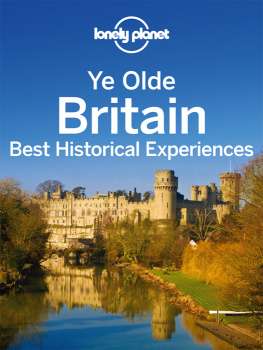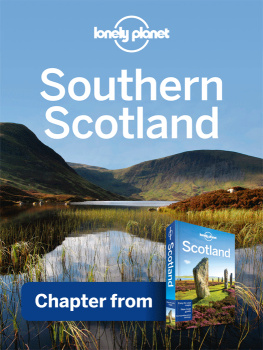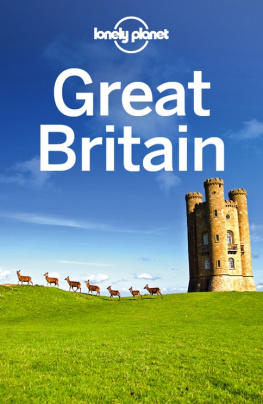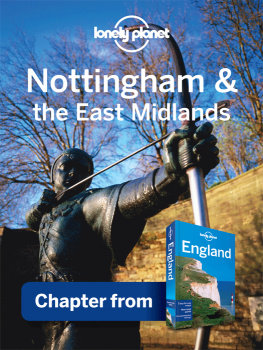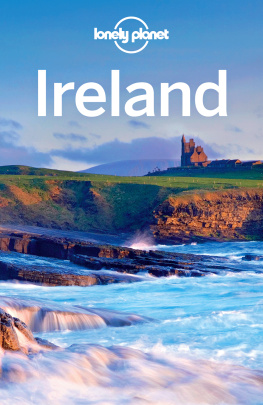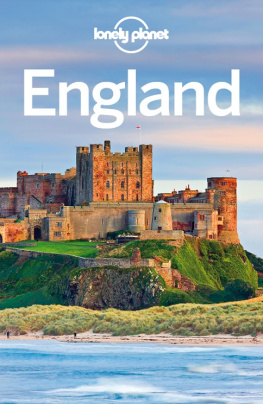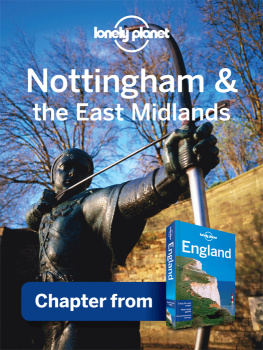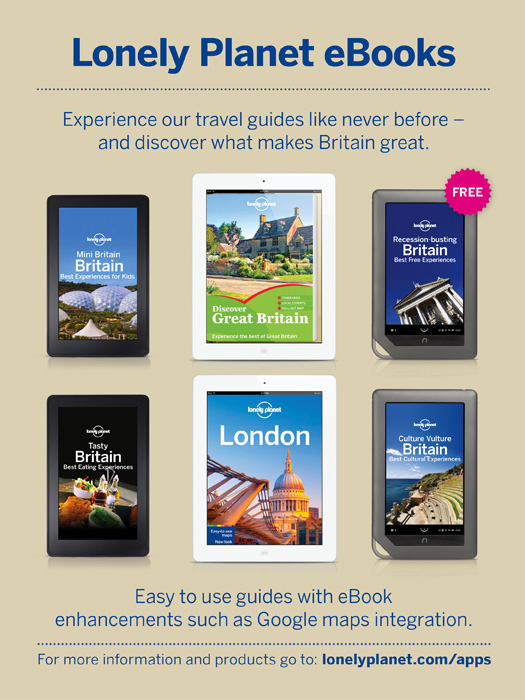Ye Olde Britain: Best Historical Experiences
Britains history can be seen in every corner of the country. From medieval castles to 18th-century stately homes, and Roman ruins to imposing cathedrals, theres a wealth of buildings and places that can bring the past alive for the visitor. In this ebook weve included a timeline of British history to give you some background, and followed that with a list of some of the best historical sights that Britain has on offer.
To help you find your way around, weve divided the country into eight different regions: .) Towns, cities and attractions are listed within each region alphabetically.

Timeline of British History
4000 BC
Neolithic peoples migrate from continental Europe. They differ significantly from previous arrivals: instead of hunting and moving on, they settle in one place and start farming.
c 500 BC
The Celts, a group originally from Central Europe, arrive in Britain, and by the middle of the 1st millennium BC have settled across much of the island, absorbing the indigenous people.
c 55 BC
Relatively small groups of Roman invaders under the command of Julius Caesar make forays into southern England from the northern coast of Gaul (todays France).
AD 43
Emperor Claudius leads the first proper Roman invasion of England. His army wages a ruthless campaign, and the Romans control most of southern England by AD 50.
Warrior-queen Boudicca leads an army against the Romans, destroys the Roman town of Colchester and gets as far as Londinium, the Roman port on the present site of London.
In Wales the Celts, led by their mystic faith-healers, the druids, fight a last stand on Anglesey against the Roman army; they are beaten but not totally conquered.
c 108
According to legend, Roman soldiers of the ninth legion sent to fight the Picts in Scotland mysteriously disappear. In reality the regiment is probably simply disbanded.
Rather than conquer wild north British tribes, Emperor Hadrian settles for building a coast-to-coast barricade. For nearly 300 years, Hadrians Wall marks the northernmost limit of the Roman Empire.
c 410
As the classical worlds greatest empire finally declines, Roman rule ends in Britain.
5th century
Anglo-Saxon tribes from Germany migrate to England, and quickly spread across much of the country.
late 5th century
The Scotti people (from todays Ireland) invade the land of the Picts (todays Scotland). In Argyll they establish the kingdom of Dalriada.
early 6th century
St Columba establishes a Christian mission on the Scottish island of Iona. By the late 8th century the mission is responsible for the conversion of most of Scotland.
6th century
St David is born, going on to establish a sacred place of worship in Pembrokeshire and becoming the patron saint of Wales.
Pope Gregory sends missionary St Augustine to southern England to revive interest in Christianity among the southern Anglo-Saxons. His colleague St Aidan similarly converts many people in northern England.
7th century
Anglo-Saxons from the expanding English kingdom of Northumbria attempt to colonise southeast Alba (todays southern Scotland) and are met by the Scotti.
The Pictish king Bridei defeats the Northumbrians at Nechtansmere in Angus, an against-the-odds victory that sets the foundations for Scotland as a separate entity.
8th century
King Offa of Mercia orders the construction of a clear border between his kingdom and Wales a defensive ditch called Offas Dyke still visible today.
8th century
The disparate tribes of Wales start to band together and sow the seeds of nationhood, calling themselves cymry (fellow countrymen).
Vikings come from todays Denmark and conquer east and northeast England. They establish their capital at Jorvik, todays city of York.
The King of Norway creates an earldom in Orkney; Shetland is also governed from here. These island groups become a Viking base for raids and colonisation into Scotland and northern England.
9th century
King Rhodri Mawr of Wales defeats a Viking force and begins the Welsh unification process. His grandson Hywel the Good draws up a set of laws.
9th century
Kenneth MacAlpin, the king of the Scotti, declares himself ruler of both the Scots and the Picts, thus uniting Scotland north of the Firth of Forth into a single kingdom.
Athelstan, grandson of Alfred the Great, son of Edward the Elder, is the first monarch to be specifically crowned King of England, building on his ancestors success in regaining Viking territory.
1018
Scottish King Malcolm II defeats the Northumbrians at the battle of Carham and gains the Lothian region, thus expanding the size of Scotland.
1040
Macbeth takes the Scottish throne after defeating Duncan in battle. This, and the fact that he was later killed by Duncans son Malcolm, are the only parallels with the Shakespeare version.
1066
Battle of Hastings a crucial date in English and British history. Incumbent King Harold is defeated by an invading Norman army, and England has a new monarch: William the Conqueror.
108586
The new Norman rulers establish the Domesday Book census. Within three years they have a snapshot of Englands current stock and future potential.
1095
The start of the First Crusade a campaign of Christian European armies against the Muslim occupation of Jerusalem and the Holy Land. A series of crusades continues until 1272.
112453
The rule of David I of Scotland. The Scottish aristocracy adopt the Norman feudal system, and the king grants land to great Norman families.
12th century
Oxford University founded. Theres evidence of teaching in the area since 1096, but King Henry IIs 1167 ban on students attending the University of Paris solidified Oxfords importance.
1215
King John signs the Magna Carta, limiting the monarchs power for the first time in English history and an early step on the path towards constitutional rule.
13th century
Wales is invaded by English King Edward I, bringing to an end the rule of Welsh leader Llywelyn the last. Edward builds a ring of castles to suppress further Welsh uprisings.
1295
John Balliol of Scotland and Philip IV of France sign a mutual defence treaty that establishes the Auld Alliance this predominantly anti-English agreement remains in place for several centuries.
1296
King Edward I marches on Scotland with an army of 30,000 men, and in a brutal invasion captures the castles of Berwick, Edinburgh, Roxburgh and Stirling.
12981305
William Wallace is proclaimed Guardian of Scotland in 1298. After Edwards army defeats the Scots at the Battle of Falkirk, Wallace goes into hiding but is betrayed and executed in 1305.
1314
An army under Robert the Bruce wins against the English at the Battle of Bannockburn consolidating Scottish independence for the next four hundred years.
13371453
England battles against France in a long conflict known as the Hundred Years War. It was actually a series of small conflicts. And it lasted for more than a century, too
1348
The bubonic plague called the Black Death arrives, ultimately killing more than a third of the population. For peasant labourers that survived, an upside was a rise in wages.

